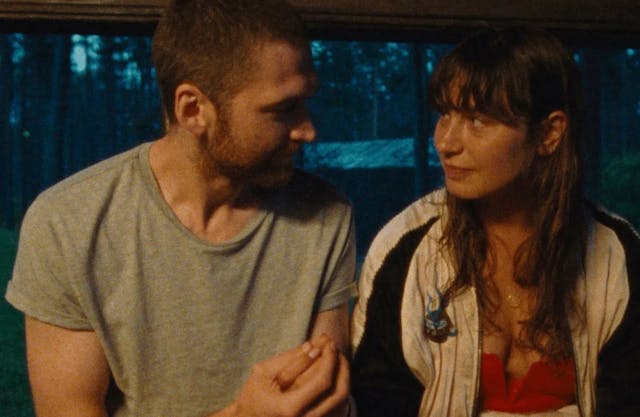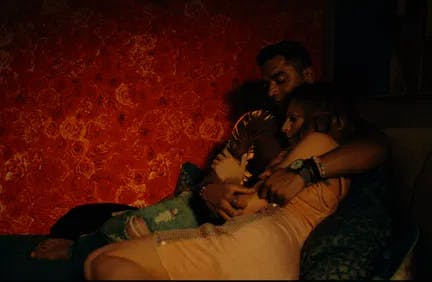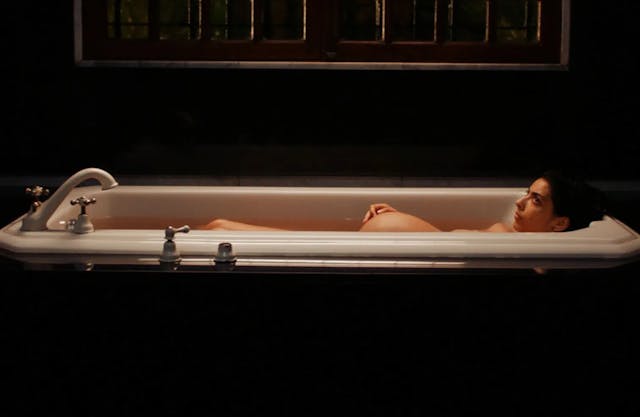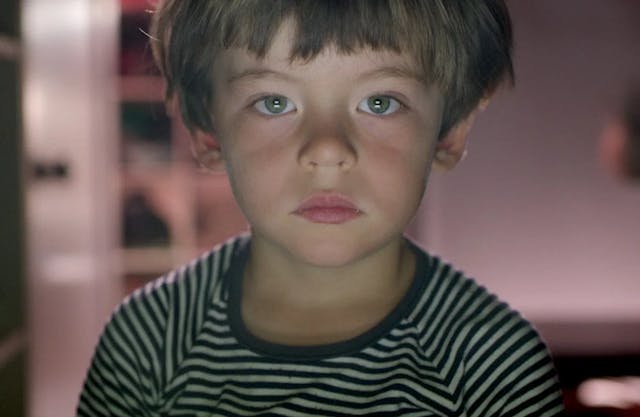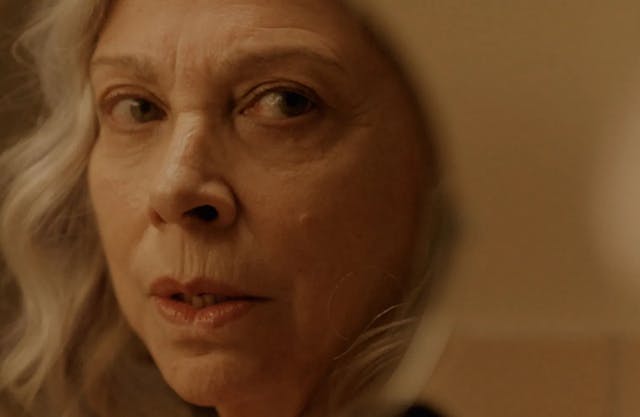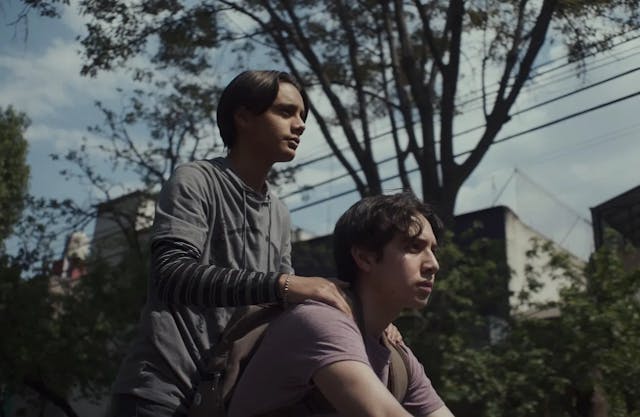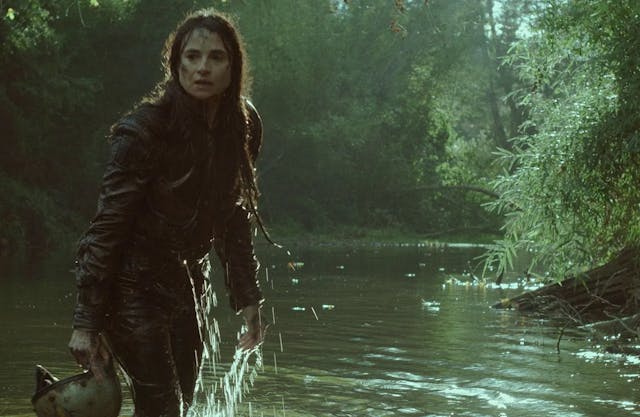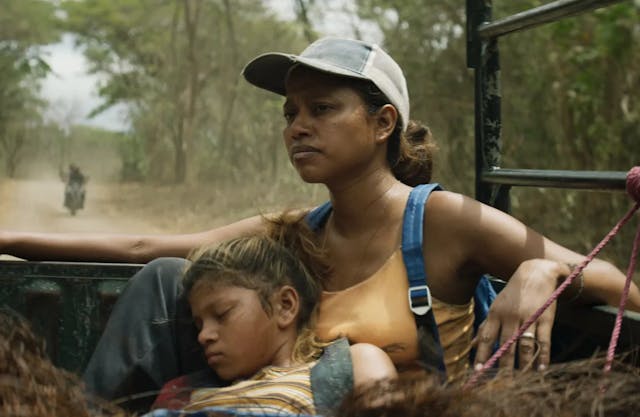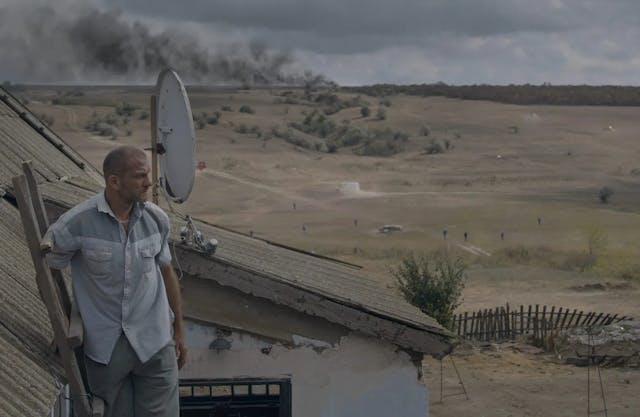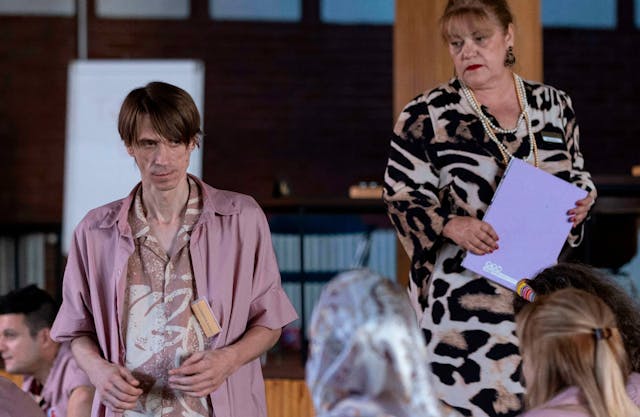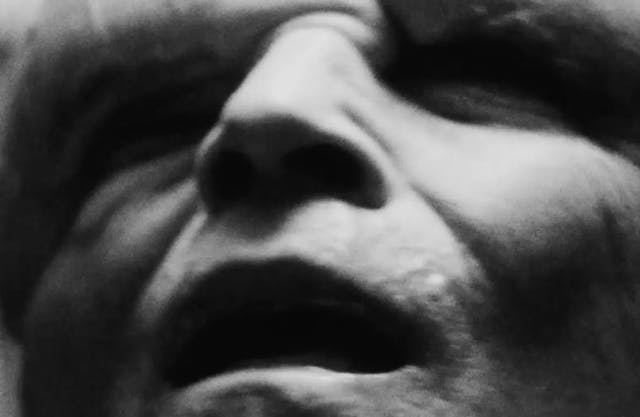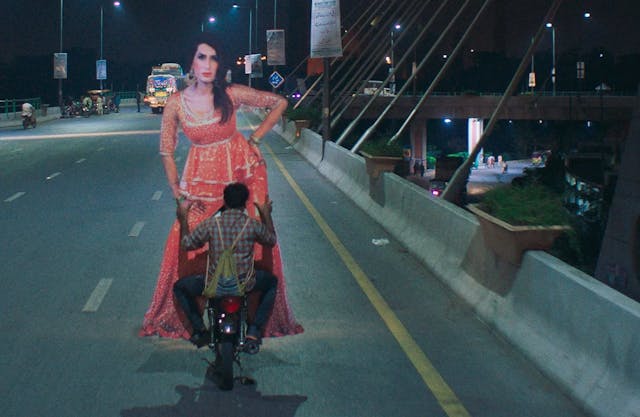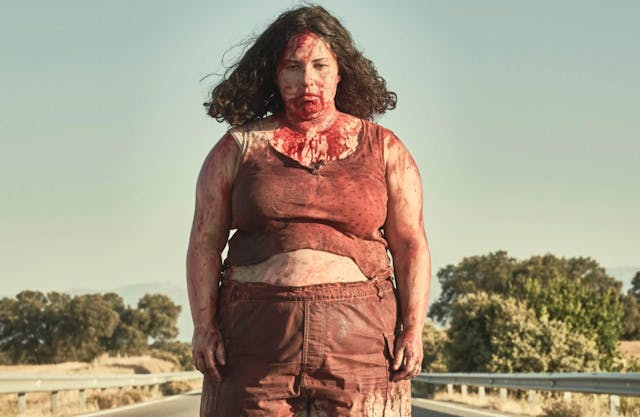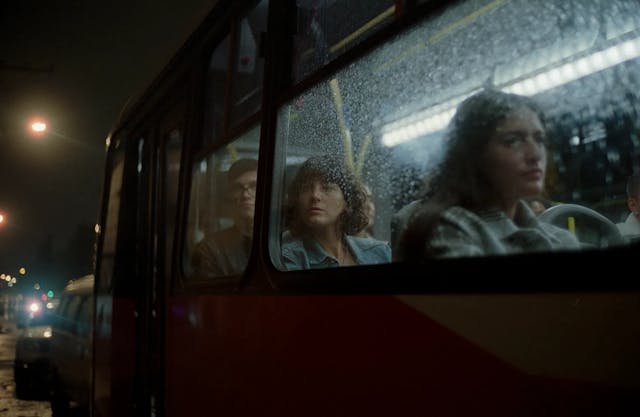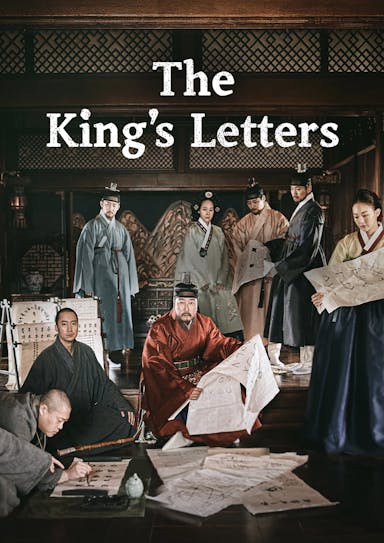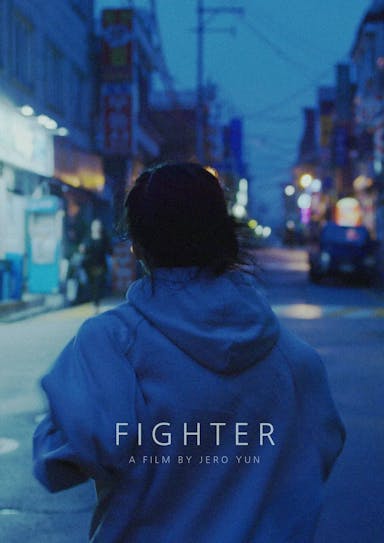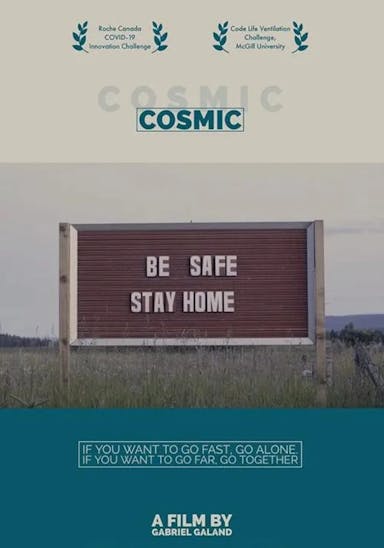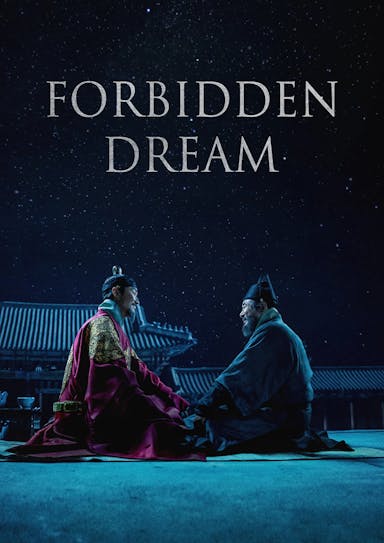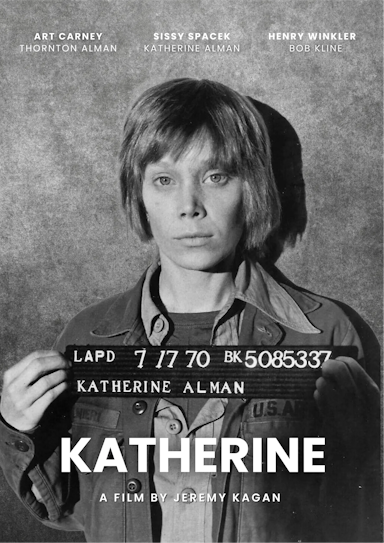Art House Pride: "Carmen & Lola" Challenge Their Culture for Love

Spring and Pride go hand in hand every April. This year, the celebrations happen in a virtual state of siege, with conservative politicians zeroing in on transgender youth, throwing legal roadblocks against kids, parents, and the institutions that protect them. In this climate, it might seem frivolous to seek movies dealing with sexual diversity. Then again, that is our racket, pointing you, a curious movie buff, toward any worthy film production that might have fallen through the cracks. As film critic Roger Ebert said, cinema is a machine to generate empathy. And it seems this feeling is scarce in some political circles. Why do they want to suppress a particular group, and what toll does the hate take?
You can find answers in Arantxa Echeverría's Carmen & Lola. This insightful, hard-hitting drama won the Best New Director and Supporting Actress Goya Awards 2019. It made the rounds at international and national film festivals, gathering nominations and awards, but the pandemic hindered its global distribution. American audiences missed out on it.
The first image presents Carmen (Rossy Rodriguez), a young woman dressed in fanciful regalia, sitting on her bed. She looks like Barbie prepped for a beauty pageant. Her appearance clashes with her surroundings. Discomfort clouds her eyes. Just as you register this, we cut to Carmen waking up. It was a premonitory dream. In real life, she lives in the poor suburbs of Madrid. She is about to be engaged to her boyfriend Rafa (Juan José Jimenez). She seems content about her lot in life. Her sole ambition, besides marriage, is to become a hairdresser. Enter Lola (Zaira Romero), a moody graffiti artist who plans to become a teacher. They could not be more different in looks and disposition. Still, they strike a friendship while helping their parents in their stalls at the local market. Furtive smoking breaks eventually lead to a physical attraction that sets them on a collision course with traditional gypsy culture.
While some consider gypsy an ethnic slur, the Roma people in Spain make the term their own. The characters identify as such and use the word liberally and pridefully. So, we will follow suit. We take the lead from writer-director Arantxa Echeverría, who offers a rich portrayal of contemporary gypsy culture, made with warmth and anthropological zeal. According to the Gypsy Secretariat Foundation, at least 725 thousand people of the Roma ethnicity live in Spain and identify as gypsies. They account for 1.5% of the country's population. Most are young. A third of them are 16 years or younger.
The data makes Carmen and Lola avatars of the new generation, still saddled by the old ways. Lola's professional ambitions, fed by teacher Paqui (Carolina Yuste), set her apart from most of her peers and put her at odds with her father, Paco (Moreno Borja). Proudly illiterate, he chafes at Lola's lack of interest in finding a boyfriend and getting married while mother Flor (Rafaela León) frets on the sidelines. I was surprised to see how deeply ingrained Christian evangelism is in the culture. Nobody drinks alcohol, cell phones are the gates of hell, and heteronormative coupling is the default family model. This is bad news for the budding same-sex lovers.
As an immersive experience in Spanish Roma culture, the movie takes enough measure of the world outside and how it keeps the characters at bay. Carmen shares her plans of becoming a hairdresser, and Lola puts her down. She thinks that's the only thing whites want gypsy girls to be. When she goes to a beauty parlor to answer a Help Wanted ad, she gets a rude awakening about how unwelcoming those white-owned businesses are to girls like her. Her modest aspirations are at risk even within the familial realm. Her fiancé expects her to dedicate herself to him, their home, and the many children they will have. Carmen's parents don't even allow her to go to school. There are layers and layers of repression at work here.
Carmen and Lola are a study in contrast: the first is peppy and strikingly beautiful, while the other is dark and moody. Despite her shy nature, she is surprisingly forthcoming in her advances for intimacy. Carmen initially reacts with episodes of homosexual panic but eventually gives in. Some feelings can't be denied, even at the risk of life-shattering blowback. There are striking scenes showing how the girls experience electric moments of intimacy in plain sight of the world. When gossip pushes them out of the closet, the family does not take the news kindly.
As touching as the gradual romance is, Echeverría makes parental meltdown the climax. It is a bold choice that does not detract from the protagonists. If anything, it gives perspective to the pain of rejection by those closest to you. As monstrous as the behavior is, the movie takes pains to keep the parents all too human. The chasm that opens between them goes beyond sexual identity as Flor confronts her daughter with a love letter she can't read. That aside, it makes the scene even more shocking and painful. Too many narratives of self-affirmation gloss over the pain or make the rejecting parents cartoonish monsters. This movie looks them square in the eyes. These are the wages of homophobia, tearing families apart and casting young people adrift. The moment is so true to life that it could be triggering for some viewers. You must return to Dee Rees' "Pariah" (2011) to find an equal scene in an American film.
The acting is solid across the board, even if one can find fault in the evident maturity of the actors. Carmen is supposed to be in her teens but does not look a day over 25. I don't think this is a deal-breaker. After all, this is a common trope in Hollywood, too, and girls experience pressure to look older than their age. The one moment that rings untrue has to do with graffiti Lola paints right in front of Carmen's home. Her little sister makes fun of her while supposing Rafa is the author. Although she tells Lola off for the risky display of affection, nobody addresses the event, not even Rafa. It could push him into a jealous rage, but his reaction, or lack thereof, remains a mystery.
None of these complaints take away from the movie, a moving, vivid portrayal of lesbian love pushing against the odds. Carmen & Lola is universal and specific in the best way possible.
Want to get an email when we publish new content?
Subscribe today